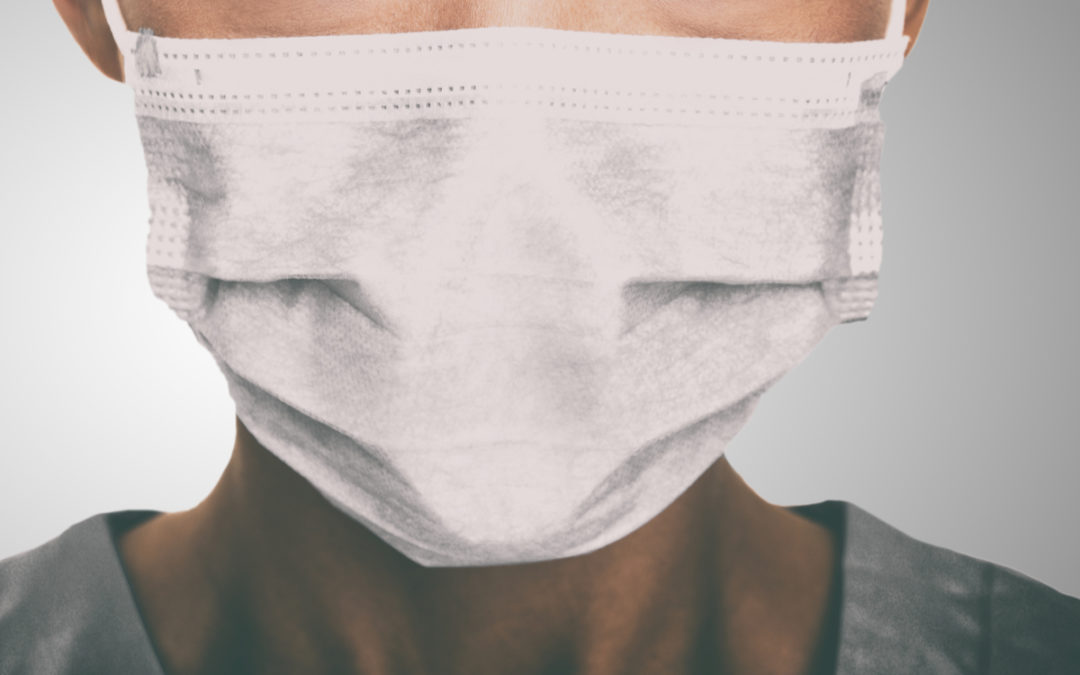Here’s another installment from the intrepid critical care/hyperbaric physician who started “COVID Diaries” nearly a year ago. I am not identifying her so that she can speak more openly about her experiences. Now she is telling the evolving story of treating COVID patients with HBOT.
–Caroline
As of this writing I’ve treated 23 hyperbaric patients. Of the 23 COVID patients treated with HBOT, one refused intubation and subsequently died, three got intubated and one of those died. That’s a death rate for the hyperbaric patients, so far, of 8.7%. About a dozen patients have declined to participate in the HBOT protocol. Of that group, 66% have died. I do not try to convince patients to participate in the HBOT protocol. We never try to convince anyone to participate in a trial of an unproven treatment and besides, I don’t have the time for that. However, for every deteriorating patient who declines the option of HBOT, there are two willing to try it.
We are always concerned about structural lung disease in COVID patients, and so we naturally worry that they might have pulmonary barotrauma as a result of the pressure changes with HBOT. If you saw the lung CT scans and chest X-rays on these COVID patients and pretended they were being evaluated for hyperbaric oxygen therapy for some other indication (like a diabetic foot ulcer), you’d be afraid to treat them based on the appearance of their lungs. Yet, COVID patients do well with HBOT.
I try to ensure that each patient gets appropriate informed consent with a discussion of the risks of HBOT and alternative treatments for COVID, but I have to talk fast since patients are getting sicker fast. My consent is, “Hi, I’m a pulmonary/critical care doctor, I’ve taken care of COVID patients since March. We have a clinical trial using hyperbaric oxygen therapy in hopes of reducing the need for intubation in very sick patients. There is some evidence HBOT works to reduce intubation but it is not proven. However, I am seeing fewer intubations and faster recoveries in patients who get HBOT. In my opinion, the benefits outweigh the risks. You will feel better in the chamber than out of it. During your treatment you will be able to drink water and sleep.” Then I give them a brief rundown on the risks and explain what the chamber looks like. Then I say, “I only have time to discuss these facts because we’re operating in a pandemic. If this isn’t something you want to try, it’s totally OK — this is an experimental treatment.” Naturally, the written informed consent is very detailed.
COVID is our generation’s war. Wars inspire innovation and scientific breakthroughs. Although medical knowledge is increasing, the treatments for COVID pneumonia are still far from game-changing. There must be courage to try therapies, and we don’t have the luxury of time. We can’t make perfect decisions. But, our job as physicians is to make the best possible decision or recommendation based on the knowledge we have.
Hyperbaric oxygen therapy is a calculated risk, but a reasonable one given the alternatives. Patients put their lives in our hands so how can we in all good conscience not at least offer them a drug that has a less than 0.5% complication rate and could save their lives/lungs/brain? I know we will get criticized for the fact we aren’t following a blind randomization. To the critics, I’d say, “From the comfort of your armchair, during your Zoom meetings, with your last vacation photo as your backdrop, protected from COVID exposure by telecommuting — you want to debate study design with me?” Why don’t you suit up in your personal protective equipment and come with me to evaluate a COVID patient whose eyes are glassy from hypoxia, who hasn’t seen his wife in two weeks and might never see her again. Let’s randomize this man, whose oxygen saturation is 80%, to the 1950’s era treatment arm of aspirin and steroids. Or we could, with his consent, offer him hyperbaric oxygen therapy. At the very least he will get a few hours of well-oxygenated rest. I would love to chat with you about statistics — when this pandemic is over.
…Sorry, COVID made me say that.

Dr. Fife is a world renowned wound care physician dedicated to improving patient outcomes through quality driven care. Please visit my blog at CarolineFifeMD.com and my Youtube channel at https://www.youtube.com/c/carolinefifemd/videos
The opinions, comments, and content expressed or implied in my statements are solely my own and do not necessarily reflect the position or views of Intellicure or any of the boards on which I serve.



